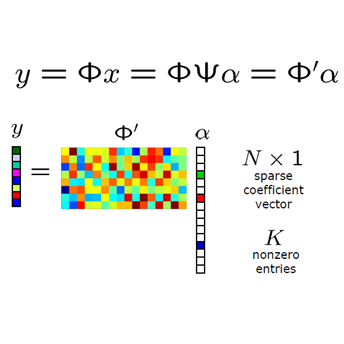First-pass perfusion cardiac magnetic resonance (FPP-CMR) is becoming an essential non-invasive imaging method for detecting deficits of myocardial blood flow, allowing the assessment of coronary heart disease. Nevertheless, acquisitions suffer from relatively low spatial resolution and limited heart coverage. Compressed sensing (CS) methods have been proposed to accelerate FPP-CMR and achieve higher spatial resolution. However, the long reconstruction times have limited the widespread clinical use of CS in FPP-CMR. Deep learning techniques based on supervised learning have emerged as alternatives for speeding up reconstructions. However, these approaches require fully sampled data for training, which is not possible to obtain, particularly high-resolution FPP-CMR images. Here, we propose a physics-informed self-supervised deep learning FPP-CMR reconstruction approach for accelerating FPP-CMR scans and hence facilitate high spatial resolution imaging. The proposed method provides high-quality FPP-CMR images from 10x undersampled data without using fully sampled reference data.
翻译:第一脉冲心脏磁共振(FPP-CMR)正在成为一种基本的非侵入性成像方法,用于发现心肌梗塞血液流动不足,从而能够对冠心病进行评估,然而,获得的心血管病的分辨率相对较低,心脏覆盖范围有限,因此,提出了压缩遥感方法,以加快FPP-CMR的扫描速度,实现更高的空间分辨率;然而,漫长的重建时间限制了CS在FPP-CMR中的广泛临床使用;以监督学习为基础的深层次学习技术,已成为加速重建的替代方法;然而,这些方法需要完全抽样的数据,用于培训,但无法获得,特别是高分辨率的FPPP-CMR图像;我们在此建议采用物理学知情的深层学习FPPP-CMR重建方法,以加快FPP-CMR的扫描速度,从而便利高空间分辨率成像;拟议方法提供高品质的FPPP-CMR图像,来自10个未完全抽样参考数据而未加印的数据。




